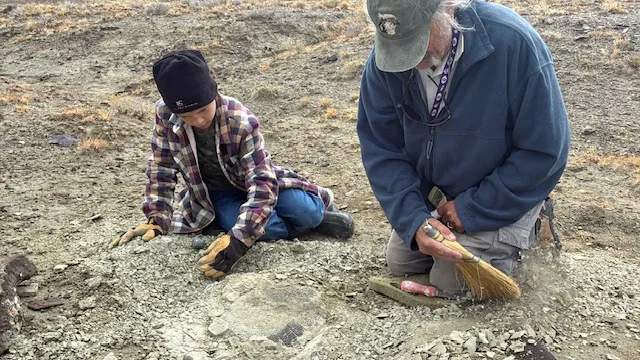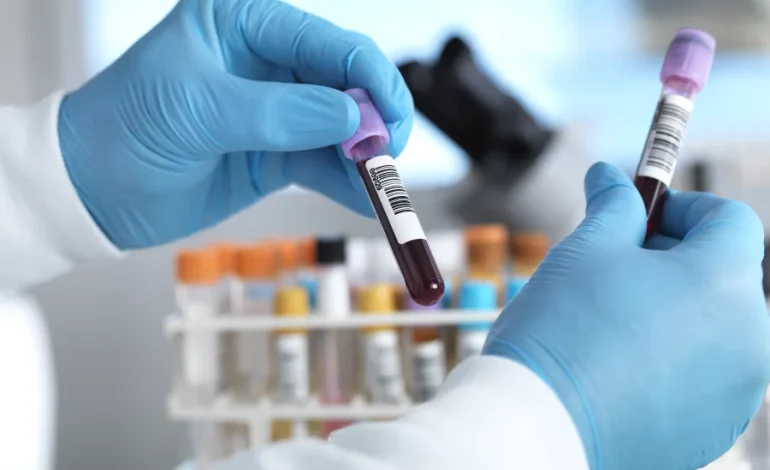A recent national survey has revealed that older Americans are increasingly eager to learn their Alzheimer’s status, with many expressing a desire to undergo tests to detect the disease before symptoms impact their daily lives, NPR reports.
The survey, conducted by the Alzheimer’s Association, gathered responses from 1,700 individuals aged 45 and older, shedding light on the growing interest in early diagnosis, treatment, and testing for Alzheimer’s.
The survey’s results highlighted a notable shift in attitudes toward Alzheimer’s, with many older Americans now proactive about seeking diagnosis and treatment. Key findings include:
79% of respondents indicated they would want to know if they had Alzheimer’s before symptoms began interfering with daily activities.
80% said they would ask their doctor for a test rather than waiting for one to be offered.
91% expressed interest in a blood biomarker test or other simple diagnostic methods if available, although many were unaware that several blood tests already on the market can detect amyloid plaques in the brain, a hallmark of Alzheimer’s.
92% stated that they would likely or definitely want to take a drug that could slow the disease’s progression if diagnosed with Alzheimer’s.
58% were willing to take Alzheimer’s medication even if it carried moderate or high risks of side effects.
83% expressed openness to participating in clinical trials for experimental treatments aimed at slowing or curing Alzheimer’s.
81% were hopeful that within the next decade, treatments would emerge that could halt the progression of the disease.
44% expressed concerns about insurance coverage for treatment and care following a diagnosis.
The responses reflect a growing shift in the public’s approach to Alzheimer’s. Elizabeth Edgerly, a clinical psychologist at the Alzheimer’s Association, noted that people are becoming less fearful and more proactive about the prospect of an Alzheimer’s diagnosis. In the past, many people were hesitant or afraid to learn if they had the disease. However, Edgerly points out that advancements in diagnostic methods, such as blood tests, have made it easier to detect Alzheimer’s early, leading to more openness among older adults.
With the availability of blood tests that can indicate the presence of amyloid plaques, a crucial step in diagnosing Alzheimer’s, it is now possible to identify the disease much earlier than before. This is a significant departure from the past, when diagnosing Alzheimer’s often required expensive and invasive procedures like PET scans or spinal taps.
Another factor contributing to this shift is the emergence of drug treatments for individuals in the early stages of Alzheimer’s. These treatments, such as lecanemab and donanemab, have offered hope for slowing the disease’s progression, encouraging individuals to seek a diagnosis while they are still able to make informed decisions about their future.
The availability of early-stage treatments has made many people more optimistic about Alzheimer’s care. Dr. Nathaniel Chin, a geriatrician at the University of Wisconsin, who was not involved in the survey, remarked that the recent advancements in treatment have led to a more positive outlook among individuals living with Alzheimer’s. Even if current drugs do not completely stop the disease, the progress is encouraging, and many individuals want to know if they are eligible for these treatments or upcoming therapies.
Chin observed a shift in his own practice, noting that patients are less fearful than they were in the past and are eager to understand their cognitive health. This reflects a broader trend toward a patient-driven demand for Alzheimer’s testing and treatment options.
While the interest in testing and diagnosis is rising, some healthcare providers remain cautious about the effectiveness of current treatments. Dr. Chin noted that many doctors view existing drugs as only marginally helpful, which contributes to their hesitancy in offering tests. Nonetheless, Chin and other providers are responding to patient demand by offering blood tests to patients with cognitive concerns and anticipate that these tests will become increasingly common.
However, the growing use of Alzheimer’s tests may bring new challenges. Many healthcare professionals are not yet trained to provide counseling to patients who receive a positive test result. Furthermore, a positive Alzheimer’s diagnosis in someone’s medical record could have serious implications, including potential issues with employment or insurance coverage.
Chin emphasized that while there are protections for genetic information, there are currently no similar safeguards for cognitive health data. This gap in protections underscores the importance of advocacy groups like the Alzheimer’s Association to push for stronger protections for individuals who learn about their cognitive health status.









The latest news in your social feeds
Subscribe to our social media platforms to stay tuned